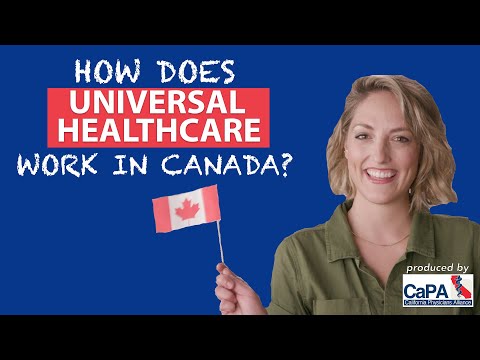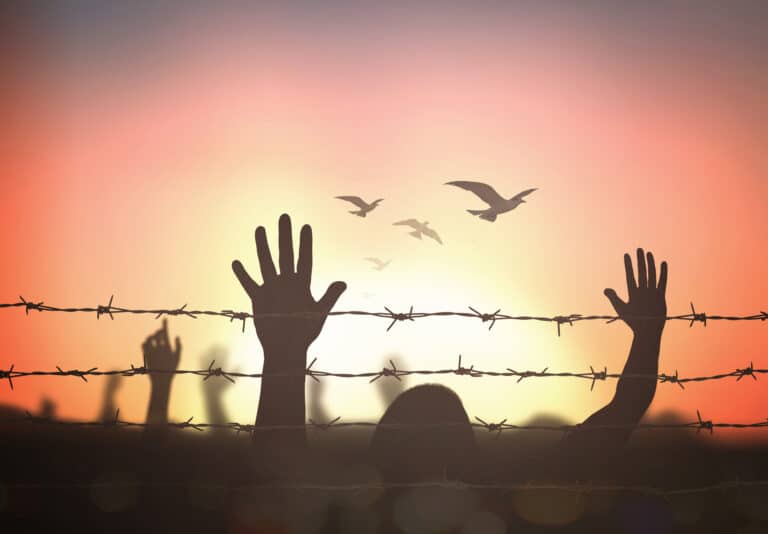As a newcomer to Canada, do I receive healthcare?
Canada has what is called a “universal health-care system”. This system is publicly funded and is paid for through taxes. “Medicare” is the term that refers to Canada’s publicly funded healthcare system, and each province and territory are responsible for the management and delivery of healthcare to its residents.
Interim Federal Healthcare Program (IFHP)
When you arrive in Canada as a newcomer, you will receive a certificate for the Interim Federal Healthcare Program (IFHP). The IFHP provides limited, temporary coverage of health-care benefits for resettled refugees and is funded by IRCC (federally) and administered by Medavie Blue Cross. In order to receive healthcare services you must show your IFHP certificate to the doctor/provider. Service providers must be registered with Medavie Blue Cross and it is important to note that NOT all service providers are registered. A list of the services covered by IFHP may be found at this link , and a list of service providers currently approved for IFHP may be found at this link. IFHP is activated within a few days of arrival and remains in effect for up to one year while the newcomer waits for their provincial healthcare coverage to come into effect.
Health Insurance
Shortly after you arrive, you will work with your settlement team to apply for provincial health insurance. Each province has its own rules and regulations with regard to health insurance. Your settlement team will also work with you to find a General Practitioner (GP), who will serve as your primary doctor. While waiting to be registered with a GP, it may be necessary to visit a community health centre or walk-in clinic for an initial check. If you have any medical records from treatment in PNG, Nauru or Australia, please bring those with you if you can.
Dental Care
We know that refugees from Manus and Nauru have had inadequate dental care while in detention and may have ongoing issues. The IFHP only covers emergency dental care and not ongoing, preventive visits. If non-emergency work is required (for example, implants), your settlement team can work with you to try and find lower cost dental clinics through universities and colleges. It may also be helpful to look for dentists in your area who provide low or no-cost service to refugees.







